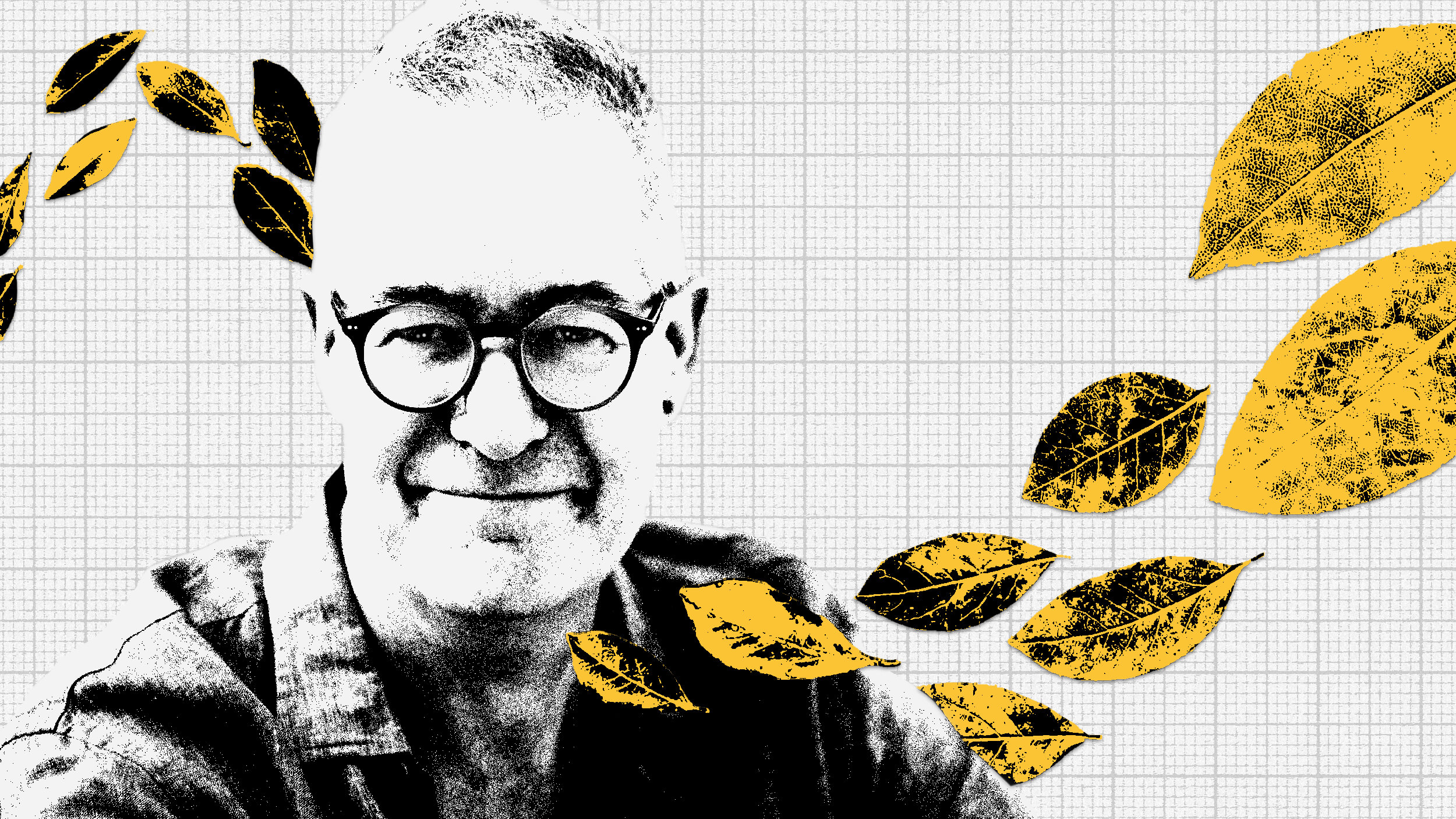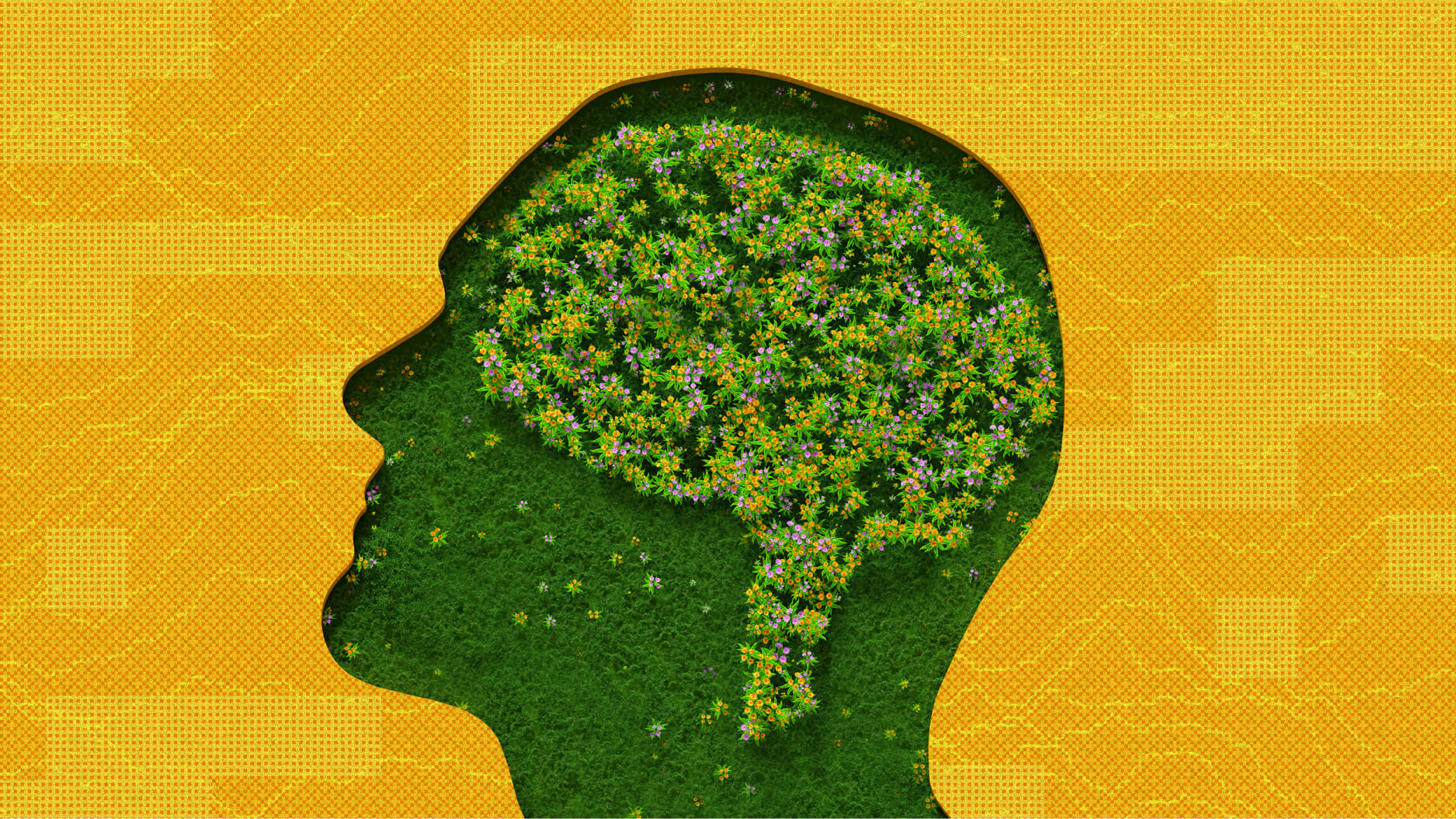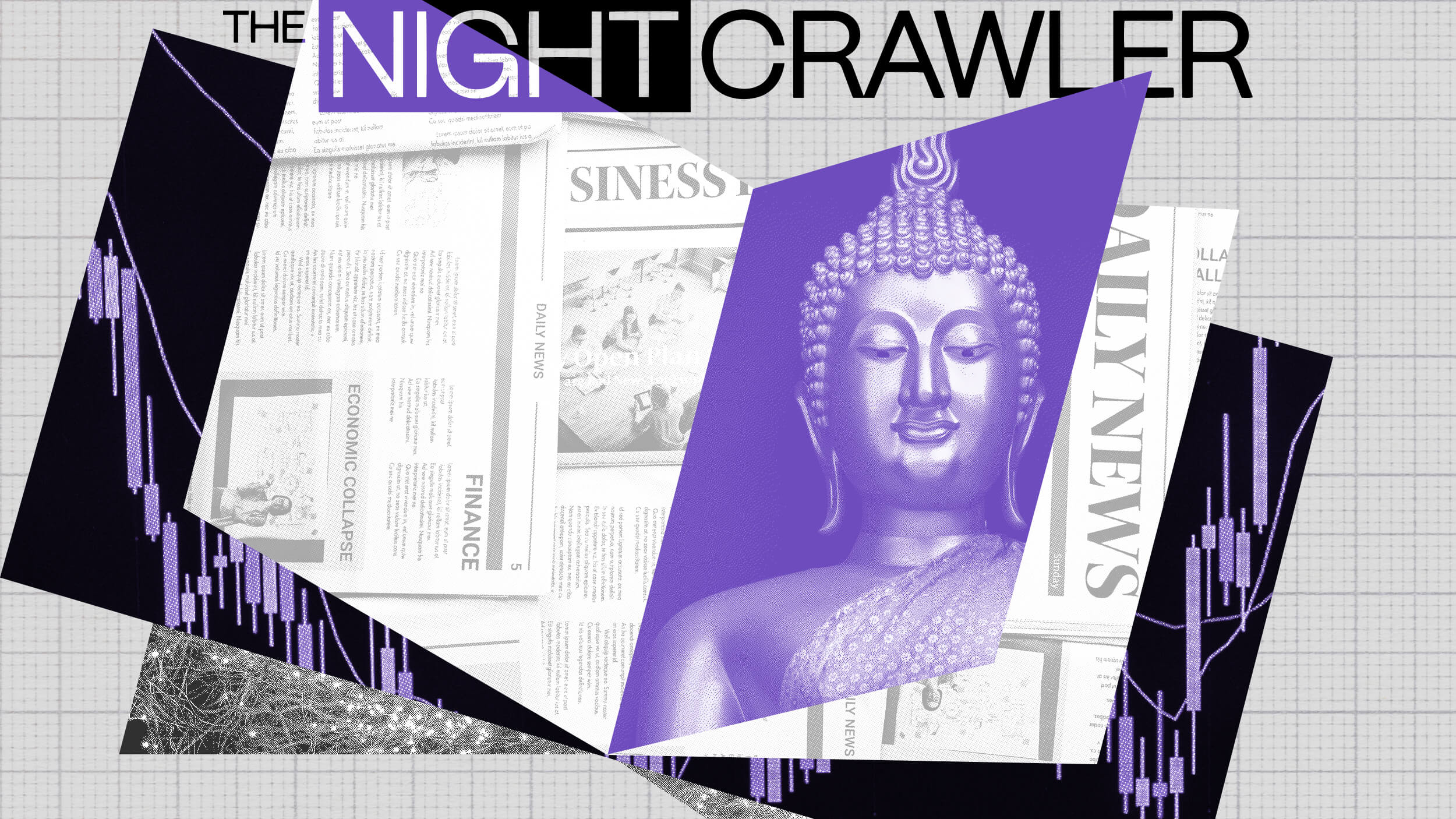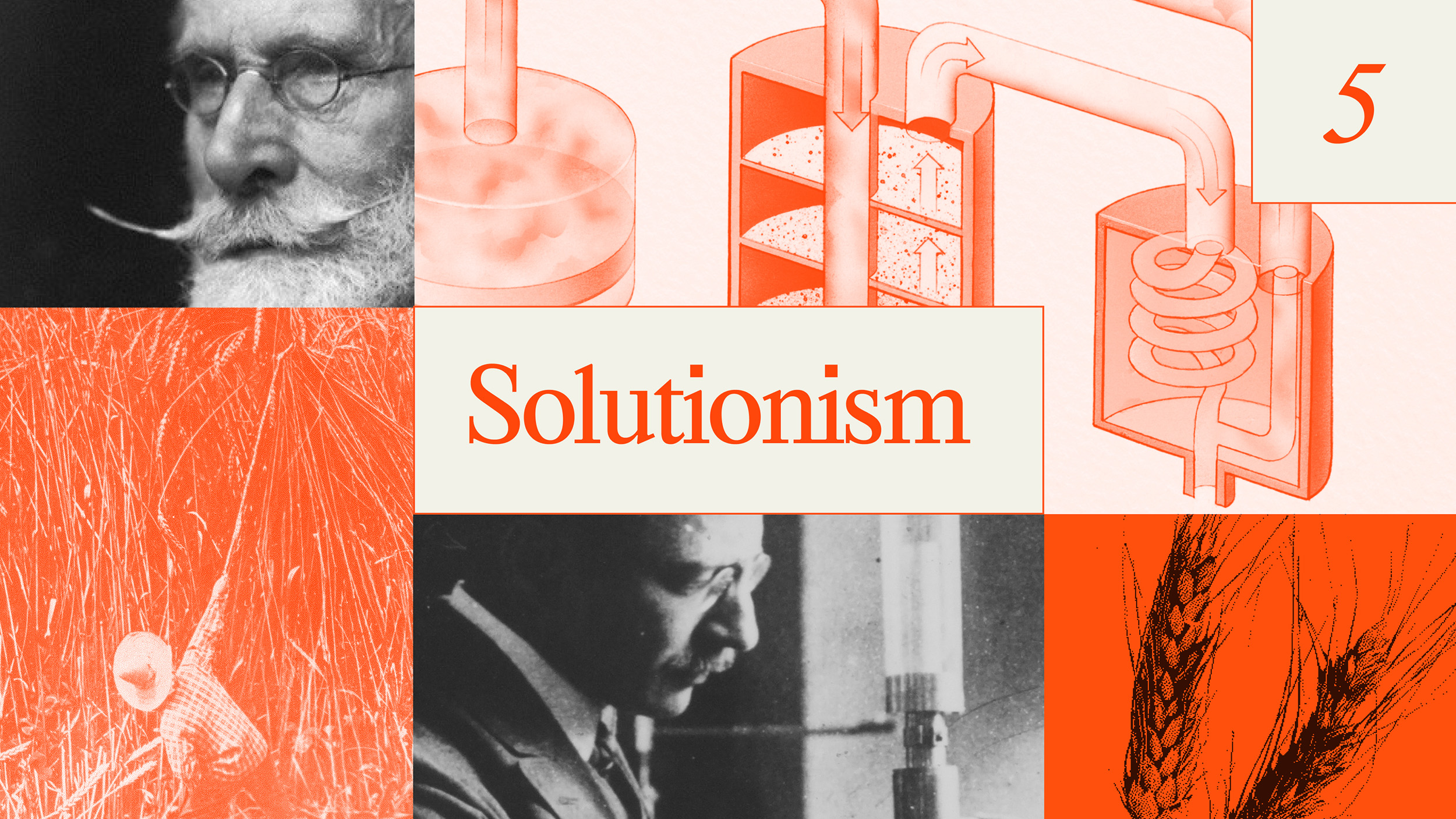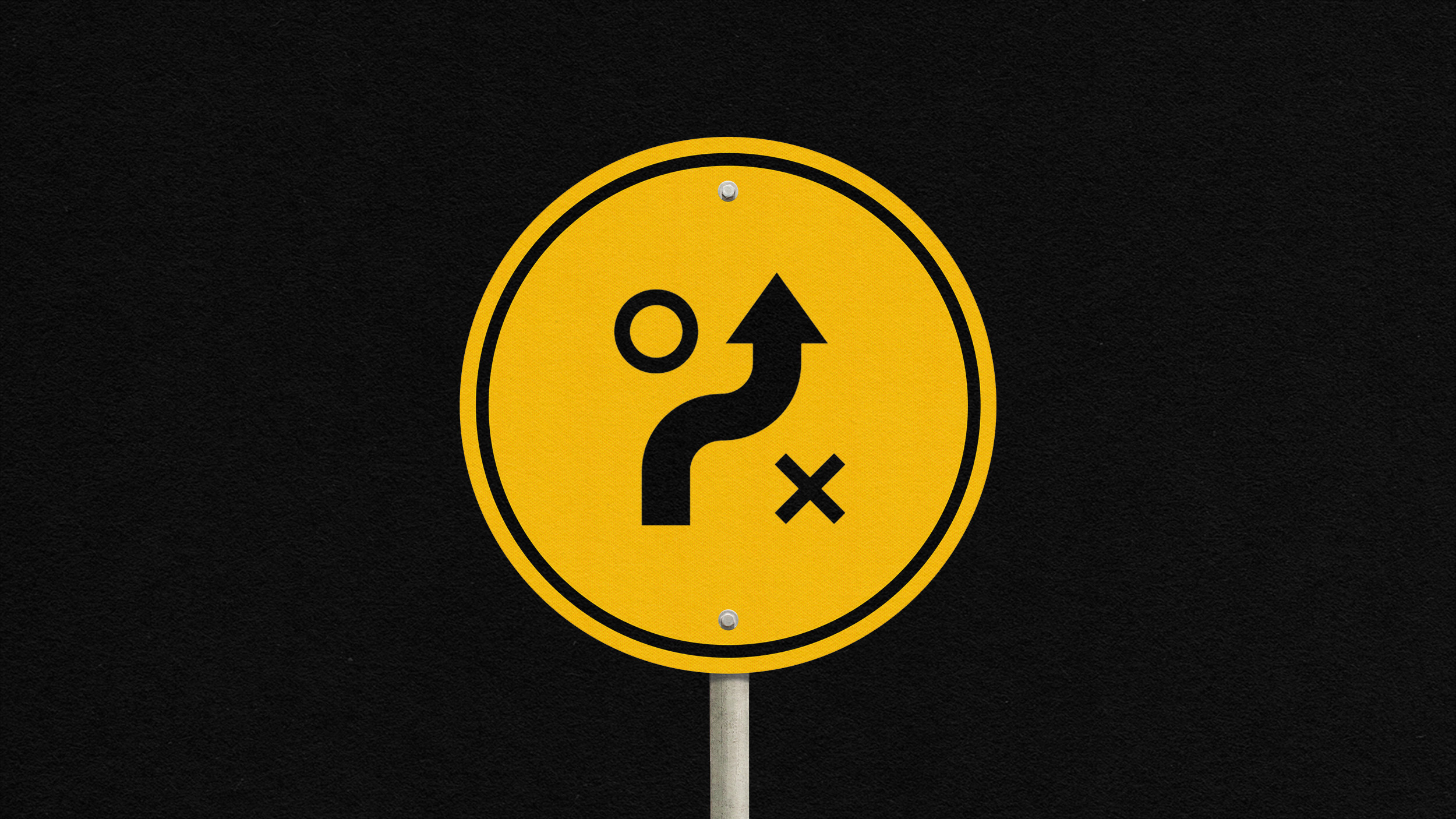philosophy
Investor Guy Spier joins Big Think for a chat about the “Oracle of Omaha,” generative AI, what confuses him, and more.
“Lookism” is prevalent and harmful. So why do so few take it seriously?
We need more science fiction-inspired thinking in how we approach AI research, argues AI expert Gary Marcus.
Whether we should tear down philosophy’s Berlin Wall and let East and West finally merge depends entirely on what we think philosophy is—and what it’s for.
Robert Waldinger, Zen priest and Harvard professor, explains why fulfillment isn’t about reaching an idealized state. It’s found in everyday acts of kindness and compassion.
Big Think spoke with author and psychiatrist Elias Dakwar about addiction, rock bottom, and the moment you realize your compass is broken.
Be more like Goldilocks.
The more you know, the better you can act.
From acclaimed novels to heretical treatises, sometimes a writer just doesn’t want to put their name on the cover.
A brief guide to habits that separate deep understanding from superficial knowledge — and how to cultivate them.
Could AI develop true intelligence without sentience? Philosopher Jonathan Birch explores the boundaries of artificial and evolved minds.
Welcome to The Nightcrawler — a weekly newsletter from Eric Markowitz covering tech, innovation, and long-term thinking.
The artistic and the mathematical mind are not so far apart.
We need to fully acknowledge problems, while vigorously pursuing solutions. Call it “solutionism.”
What we can all learn about the journey from sporting arena to workplace — and how Aristotle can guide our thinking.
Stockholm has been called a “unicorn factory” for its success with new businesses. A unique connection with sports philosophy helps explain why.
How choosing Stoic acceptance — not dour resignation — galvanized great leaders from Thomas Edison to Phil Jackson and Tony Hawk.
Sahil Bloom explores why wealth isn’t just about money, but about knowing which type of wealth matters most in each season of life.
If humanity lives in an otherwise barren Universe, we’ll have to forge philosophy that fills the void.
Do we really need to be religious to run a society well?
An interview with renowned mythologist Martin Shaw about persona, presence, and how to spend life’s finite time.
Effective leadership requires long-term strategy — not tactical reactions.
Today’s philosophy students would be justified in asking, “What does any of this have to do with living?”
Yondr CEO Graham Dugoni unpacks the technological zeitgeist in this exclusive Big Think interview covering media ecology, leadership, AI, human connection, and much more.
“I think it’s about time we stop allowing every male generation bang their frontal lobe through its most developmental stages.”
When Star Trek’s Captain Picard and The Office’s Dwight Schrute channel philosopher Karl Jaspers, we can all benefit.
Pleasure, virtue, and doubt are necessary, but each is insufficient on its own.
“Okay, dad, but GMOs help feed the world.”
The Malling-Hansen writing ball, with its potential and limitations, redefined Nietzsche’s philosophical and creative expression.
You’re a moody person. You have to be — because understanding moods philosophically can be crucial to your work-life.







